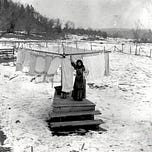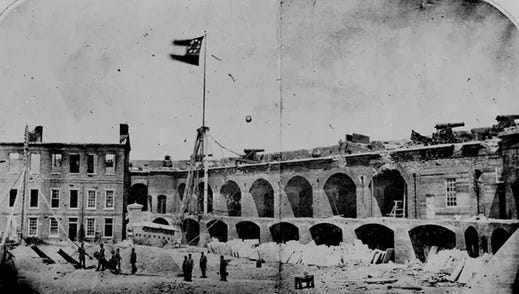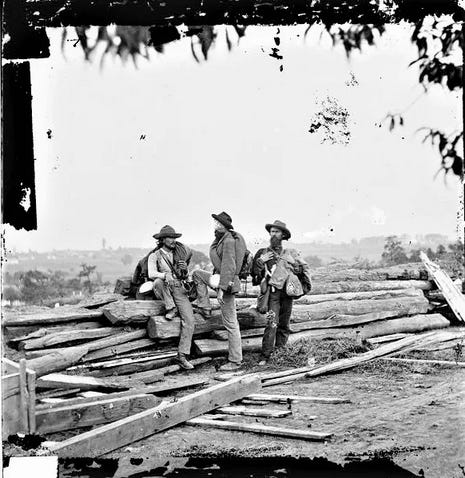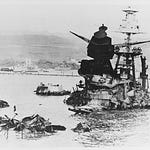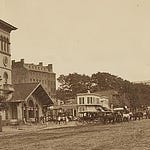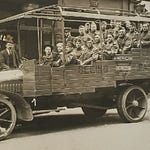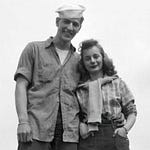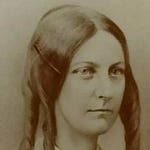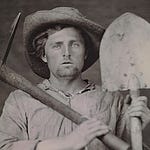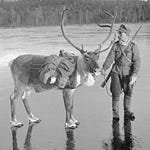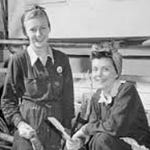It is July 4, 1861.
Lincoln has been in office for four months.
Eleven states have seceded from the Union,
formed the Confederate States of America,
selected a provisional president,
adopted a constitution,
established a seat of government in Richmond, Virginia,
seized federal arsenals
and fired on Fort Sumter.
Lincoln responded militarily,
calling for the marshaling of 75,000 federal troops,
ordering the blockade of Southern ports
and suspending habeas corpus along key rail corridors in Maryland.
In the past weeks, two small military skirmishes have taken place in Virginia.

So, on this day Lincoln sends a message to a special session of Congress
explaining his actions
and asking for appropriations sufficient to support
a significant military response to the Confederate insurrection.
Using terms he’d later repeat in Gettysburg,
Lincoln makes clear the conflict roiling the nation
is not a fight with another nation,
but an unconstitutional internal rebellion
which threatens the fundamental principles of representative democracy.

From Lincoln’s message:
[T]his issue embraces more than the fate of these United States.
It presents to the whole family of man the question whether a constitutional republic, or democracy--a government of the people by the same people--can or can not maintain its territorial integrity against its own domestic foes.
It presents the question whether discontented individuals, too few in numbers to control administration according to organic law in any case, can always, upon the pretenses made in this case, or on any other pretenses, or arbitrarily without any pretense, break up their government, and thus practically put an end to free government upon the earth.
This is essentially a people's contest.
On the side of the Union it is a struggle for maintaining in the world that form and substance of government whose leading object is to elevate the condition of men; to lift artificial weights from all shoulders; to clear the paths of laudable pursuit for all; to afford all an unfettered start and a fair chance in the race of life.
]T]his is the leading object of the Government for whose existence we contend.
I am most happy to believe that the plain people understand and appreciate this.
******************************
I’ll see you tomorrow.
— Brenda


